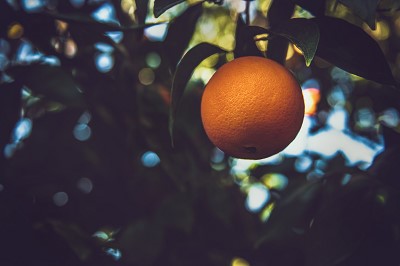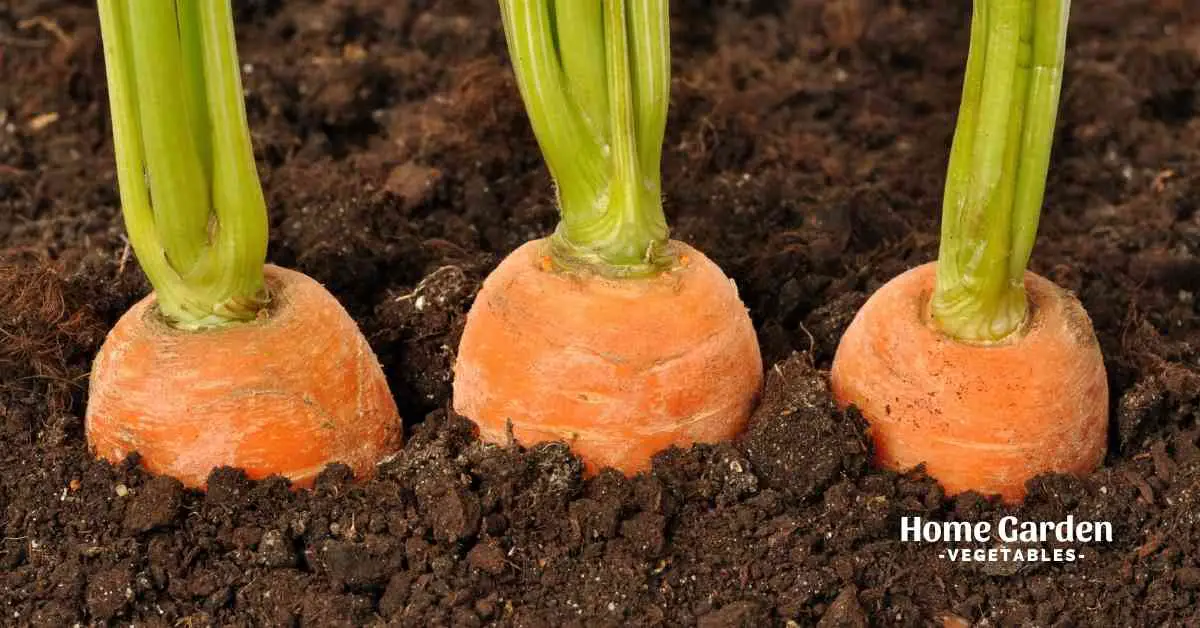According to This is Money, growing your own food can save you a massive £1300 on your grocery bill each year. Yet, in other ways living sustainably through your garden can save you time and so money while keeping you fitter and healthier than you have ever been before. While there are costs involved in growing these foodstuffs, you will get more for your money from your garden.
Here we explore the question of saving money by growing your food in more detail, offering some hints and tips as to how to increase your savings.
Reader Poll: What online courses would interest you?

How you might lose money
Let’s begin with a hint of caution. To grow food in your garden, you need to spend money on equipment, seeds, etc. If you find that your efforts yield a small harvest, which might happen as you learn, you could find that you lose money. Therefore, while there is a strong argument for “yes”, growing your own food will save you money, it is not guaranteed.
While this reality check might have dampened your enthusiasm, realize there are strategies you can deploy to make sure you maximize the money saved.
Subscribe to our newsletter!
Seeds versus seedlings
Here is the investment decision you need to make. Buying seeds is cheaper, costing only a couple of quid, but they are more likely to fail. Buying seedlings costs about the same but for only a single plant, whereas you will get many more in a packet of seeds. A seedling or established plant comes with a degree of certainty but probably won’t reap you the savings you hoped for.
If you get good at gardening, you can reap the seeds from your garden and use these in the forthcoming years. Once you can do this, you will have to make no investment in future seeds or seedlings.
View it in the long term
Year one of food growing in your garden is going to be expensive. You will need to buy the tools, including the shovel, hoe, rake, spade, fencing, trellises, a polytunnel, and maybe a greenhouse. You will need a cage for your tomatoes and bean poles too. Most of these are a purchase that will last into future years, so growing your food will become cheaper.
In short, you need to see sustainable living as a long-term goal rather than something that will offer short-term gains. Let’s face it, you will make a lot of mistakes in the early years, too, and you need to build your expertise, and then your yield will grow too.
Make your own compost
Your plants need food, and this can come from bought-in compost from the garden center – but it costs. A way you can maximize your savings is by starting a compost pile. By making your compost, you can fertilize your plants and increase the yield – it is also a better use of your brown and green waste than sending it to a landfill. Sometimes saving money can also help save the planet.
Choosing perennials
Buying a fruit tree, such as an apple tree, can offer yields every year and for a long time in the future. The one-time investment leads to a harvest each autumn that you can share with friends or freeze. Maintaining a herb garden can also pay off, as they replenish themselves after you harvest some for your tea.
Alternatively, your runner bean plants last a year, and you will need to grow from seed again next year. Old potatoes can be left to seed to grow your new potato plants, but these will be potatoes that you cannot use for food. Therefore, the profitability of these might be lower.
How to figure out if you are really saving money
It is tempting to keep the calculation quite simple. You harvest tomatoes that keep you going for a few months, and you work out you would have spent about £40 in this time. So, you tell yourself you saved £40. You could have spent close to £100 on the materials needed for this in your first year.
Don’t be disheartened by this.
The message here is to think long-term. If you want to save money, consider your garden over the next 5 or 10 years and how you can really make it pay.
Plus, there is the taste and the health
There are also more ways to measure wealth than money. Growing your food will open you to a new taste level you may not have experienced before. You are also seeding good habits in your children, whose behaviors in the future are likely going to need to be more conscious of the impacts on the environment. Finally, you will experience better health and be more able to maintain your life and work. This alone makes it worth the costs.

